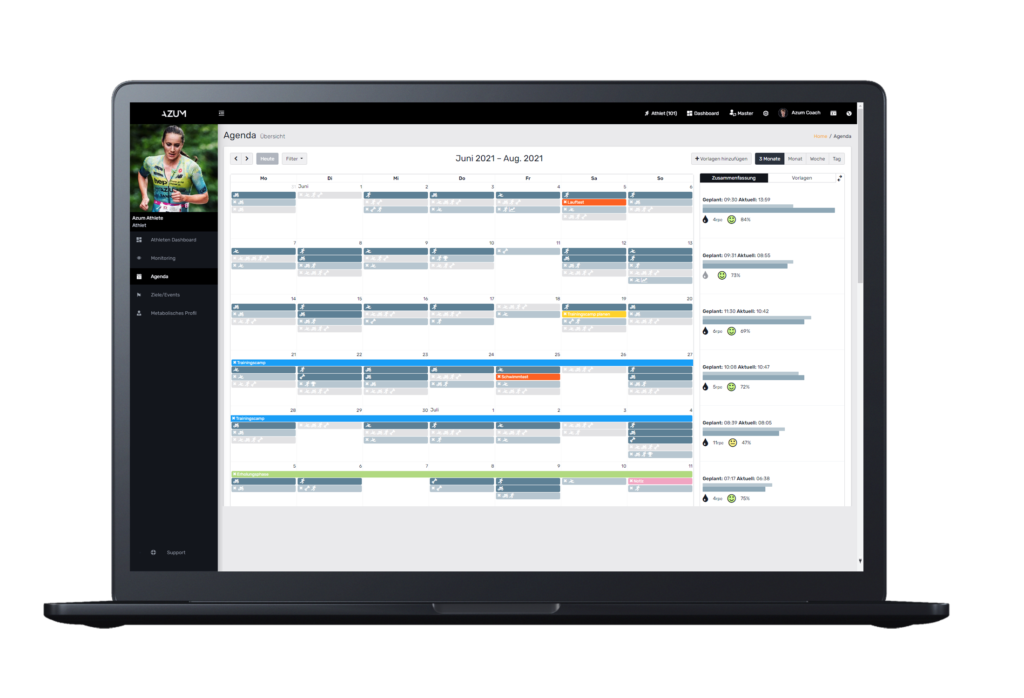An endurance coach must consider several key factors to optimally prepare an athlete for a race:
- Training program: The coach must create a comprehensive training program that focuses on building endurance, strength, and speed. The program should include a mix of low- and high-intensity training sessions and should be tailored to meet the specific needs of the athlete.
- Nutrition: Proper nutrition is essential for endurance performance, and the coach should work with the athlete to develop a nutrition plan that provides adequate fuel and hydration during training and racing.
- Rest and recovery: Rest and recovery are critical components of training and racing success. The coach must ensure that the athlete gets adequate sleep, uses proper recovery techniques and has a balanced training schedule that allows an adequate recovery time.
- Equipment: The coach must ensure that the athlete has the right equipment, including a properly fitting bike and appropriate clothing, to perform at their best.
- Mental preparation: Endurance racing can be mentally challenging and the coach must help the athlete develop mental toughness and resilience. This can include teaching visualization and other mental skills, as well as helping the athlete develop a positive attitude and approach to racing.
- Race-specific preparation: The coach must also consider the specific demands of the race, such as terrain, weather conditions, and altitude, and prepare the athlete accordingly. This can include adjusting training sessions, nutrition plans and the equipment to match the demands of the race.
Overall, the coach’s goal should be to prepare the athlete both physically and mentally for the demands of the race and to help the athlete perform at their best.
